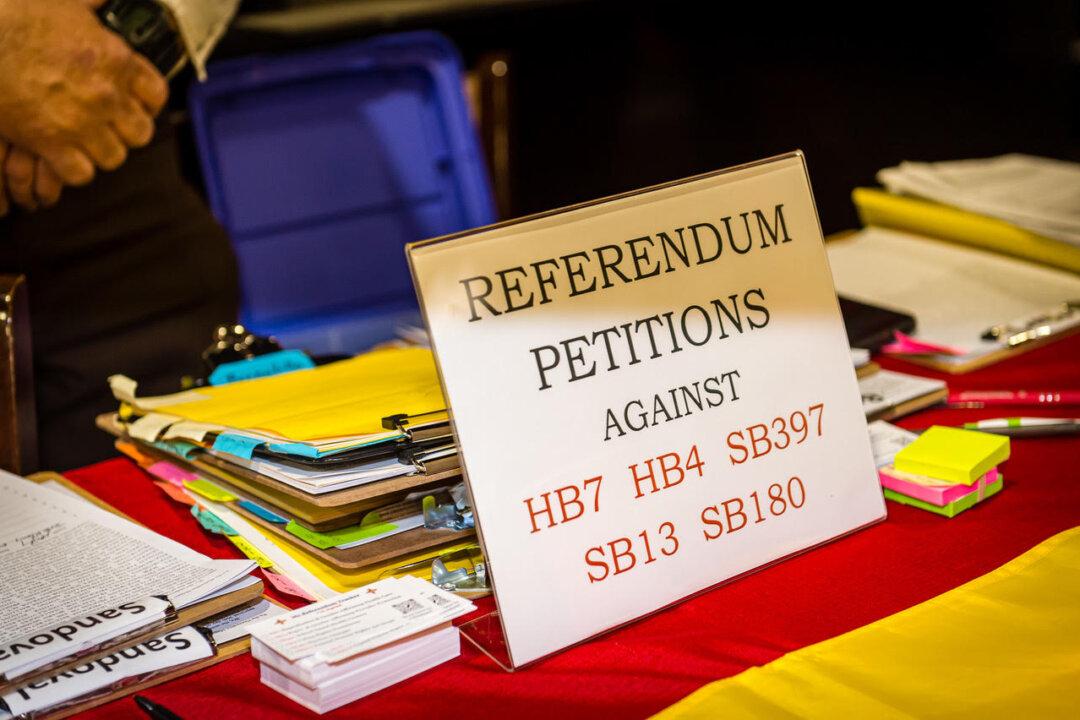The New Mexico Supreme Court heard oral arguments Wednesday in a case that considers whether local governments have the authority to limit access to abortion.
Abortions have increased significantly in New Mexico as surrounding states restrict access and more pregnant women travel from out of state to abort their babies. In New Mexico, there is no waiting period, no parental involvement required, and no limit to how close the child is to birth.





